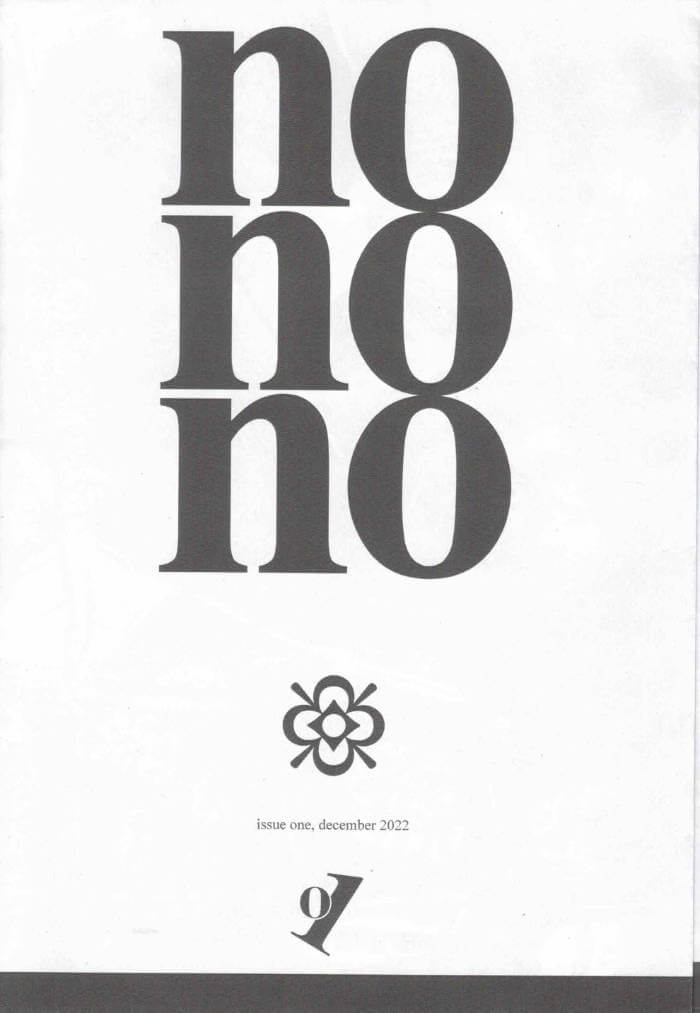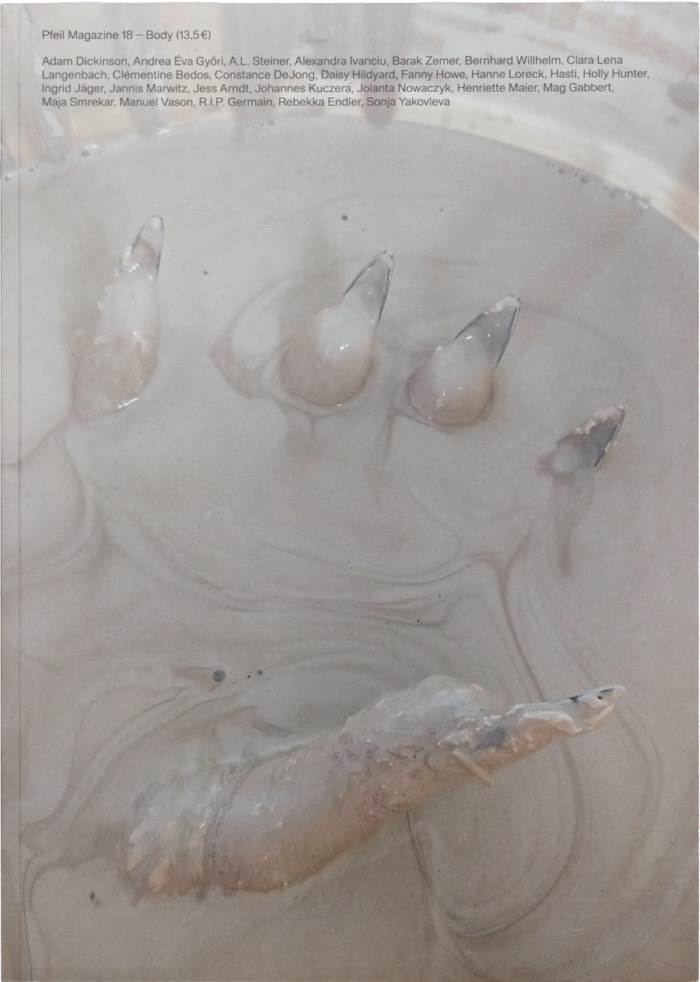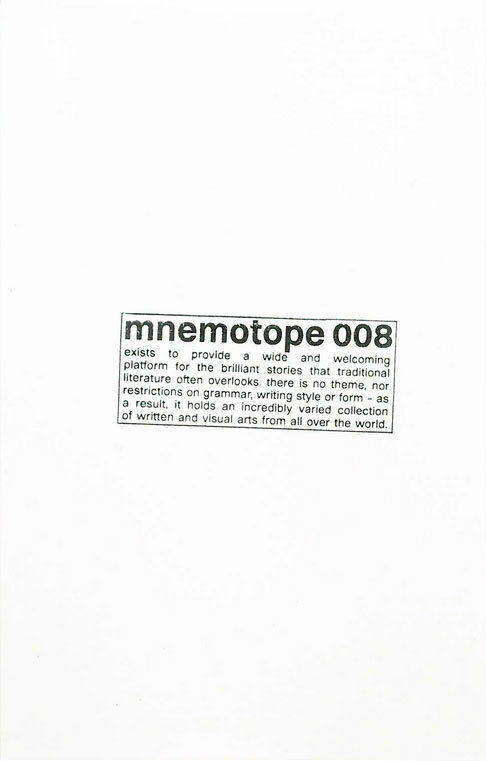
The Posthumanist #2 Rhythms / Rhythmen
The Posthumanist is a bi-annual English and German magazine featuring art, design, technology and writing. Each issue presents one theme from various more-than-human perspectives, inviting readers to imagine what living together on planet earth is and could be.




